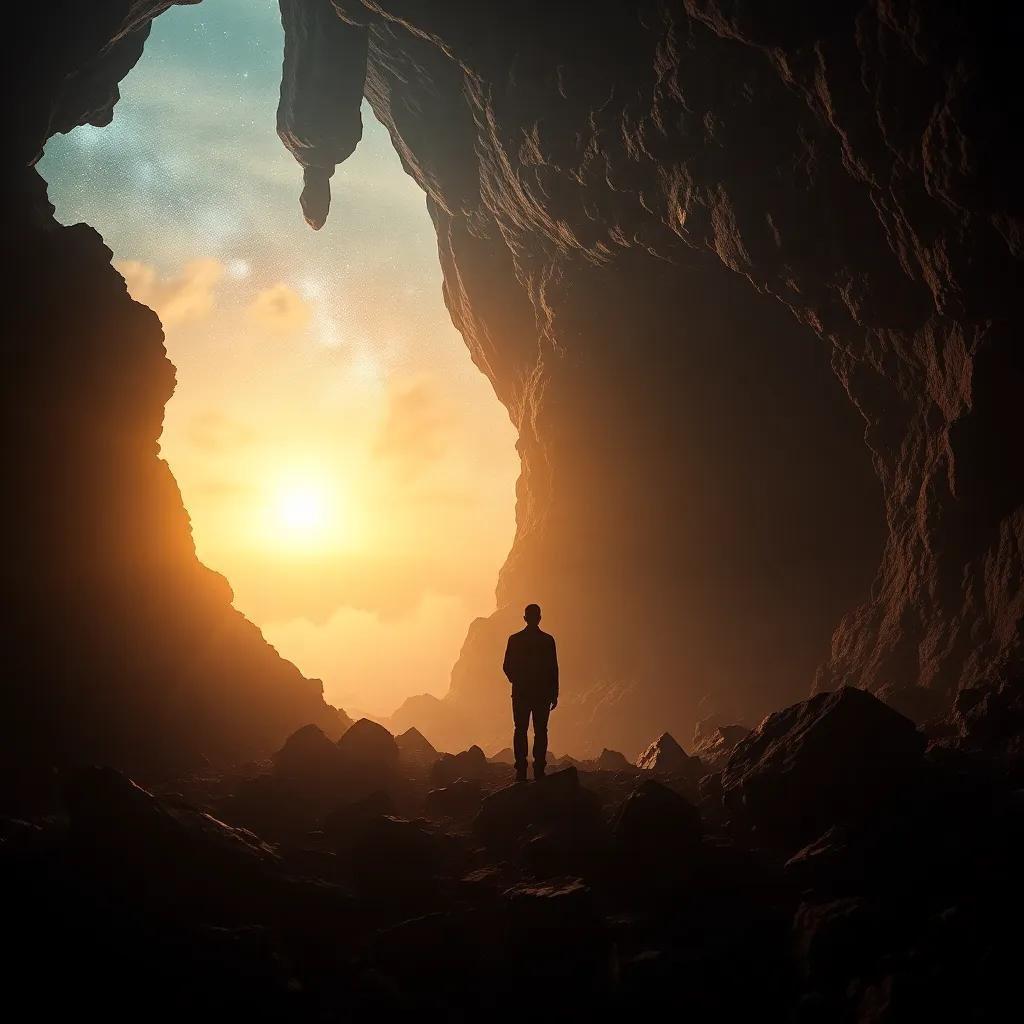Table of Contents
Cosmic Enigmas Unveiled

What if the universe’s deepest secrets lay hidden within the grasp of black holes? These enigmatic structures,beyond imagination,hold profound truths about our existence. Understanding black holes matters because they challenge our ideas of physics and inform us about the very origins of the cosmos. In this exploration, we will dive into how black holes warp spacetime, their role in galaxy formation, and the tantalizing hints they provide about the universe’s birth.
Spacetime Distortion Dynamics
Black holes are not merely cosmic vacuum cleaners; they are gateways that distort spacetime itself. When matter is drawn toward a black hole, it accelerates at unbelievable speeds, creating a gravitational pull unlike anything else.
- Event Horizon: The boundary beyond which no light escapes.
- Singularity: The core where gravity is thought to be infinitely strong.
- Accretion Disk: Formation of superheated gas and dust spiraling into the black hole.
This distortion leads to fascinating effects:
- Time Dilation: Time slows dramatically near a black hole due to extreme gravity.
- Gravitational Lensing: Light from stars behind a black hole is bent, creating distorted images.
Understanding these phenomena not only enhances our grasp of black holes but opens doors to comprehending the mechanics that govern our universe. it serves as a bridge to connect cosmic mysteries with basic laws of physics.
galaxy Formation Insights
Diving deeper into the universe’s most massive black holes reveals connections to galaxy formation. Observations suggest that supermassive black holes direct the evolution of galaxies, influencing star formation rates and structural dynamics.
| Factors Influenced by Black Holes | Impact on Galaxy Evolution |
|---|---|
| Gravitational Pull | Shapes galaxy structures |
| Energy Output from Accretion | Regulates star formation |
| Feedback Mechanisms | Discourages new star growth |
These relationships imply that black holes are not mere byproducts of cosmic evolution but active participants in shaping it. This understanding invites us to rethink how galaxies, including our Milky way, came to be, suggesting that without these celestial giants, many galaxies might never have formed.
Clues to Cosmic Origins
What if black holes hold keys to understanding the universe’s inception? Theories dare to propose that primordial black holes,existing soon after the Big Bang,might unveil the very fabric of our universe. They serve as potential markers for dark matter, revealing hidden aspects of cosmic history that remain elusive.
Emerging research examines the gravitational waves generated during black hole mergers, hinting that these early cosmic events were not mere accidents but vital contributors to the universe’s structure.As we study these waves, we glean insights into the strength of cosmic forces and their role in shaping the early universe.
Unraveling cosmic Mysteries

black holes encapsulate the universe’s most profound secrets, from the warping of spacetime to their role in galaxy formation and the origins of our cosmos. The most notable takeaway is that by studying black holes, we are not only revealing the nature of these cosmic giants but are also uncovering the very story of our universe’s birth.
So,ponder this: What other mysteries could these cosmic giants hold as we continue to explore the depths of space?



